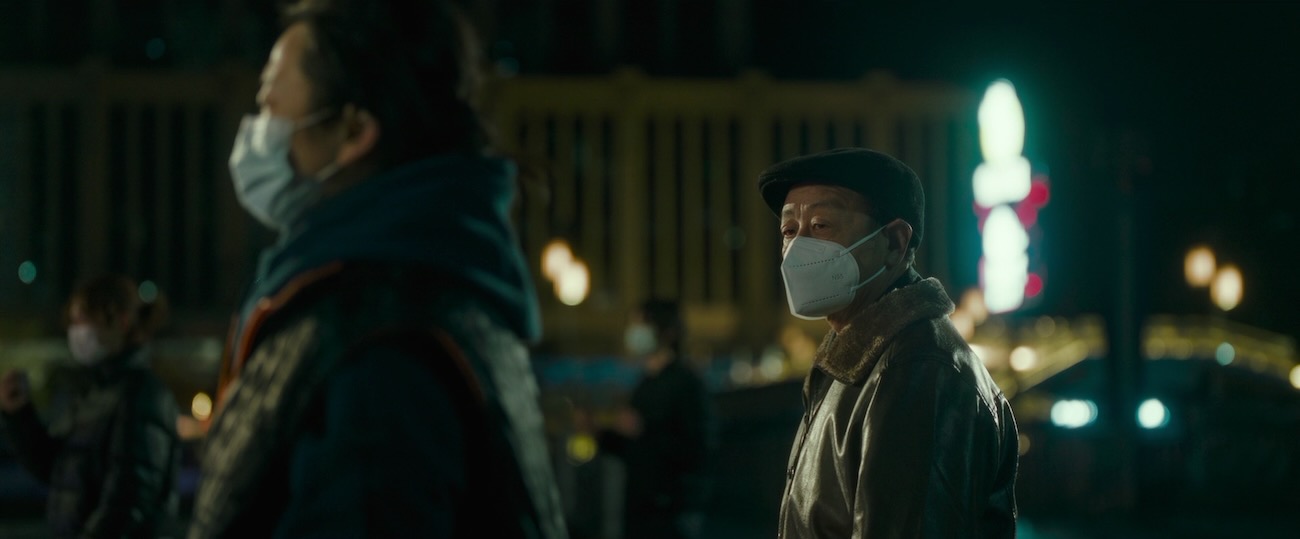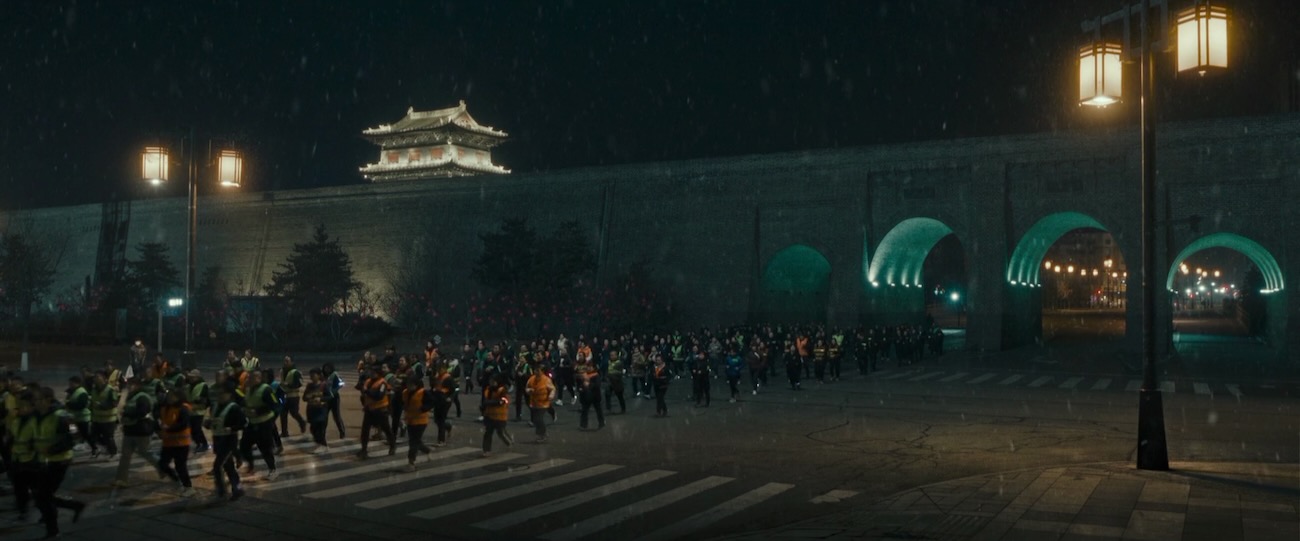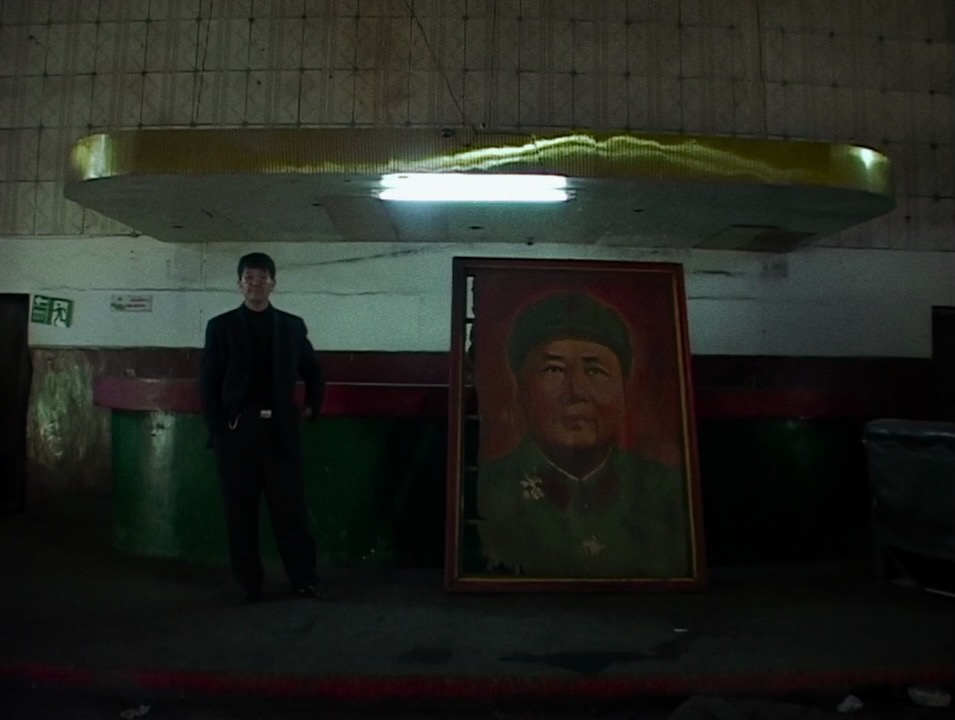
What constitutes “realism,” when reality itself has changed so vastly, so comprehensively? The elasticity of the term is the defining quality of Jia’s filmography, which, in telling the story of people living through immense social change, variously reaches for strange effects, formal wooliness, and reflexivity. His films are a canvas stretched across the frame of a world forever in flux.
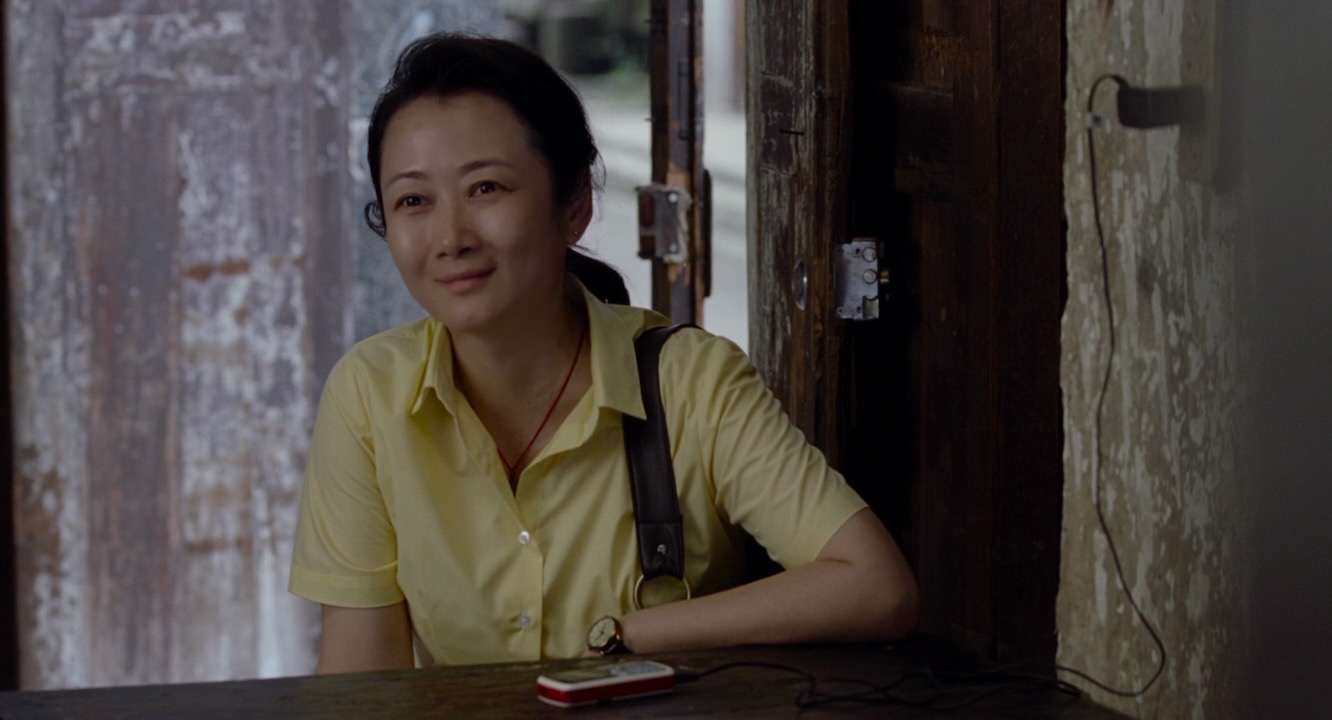
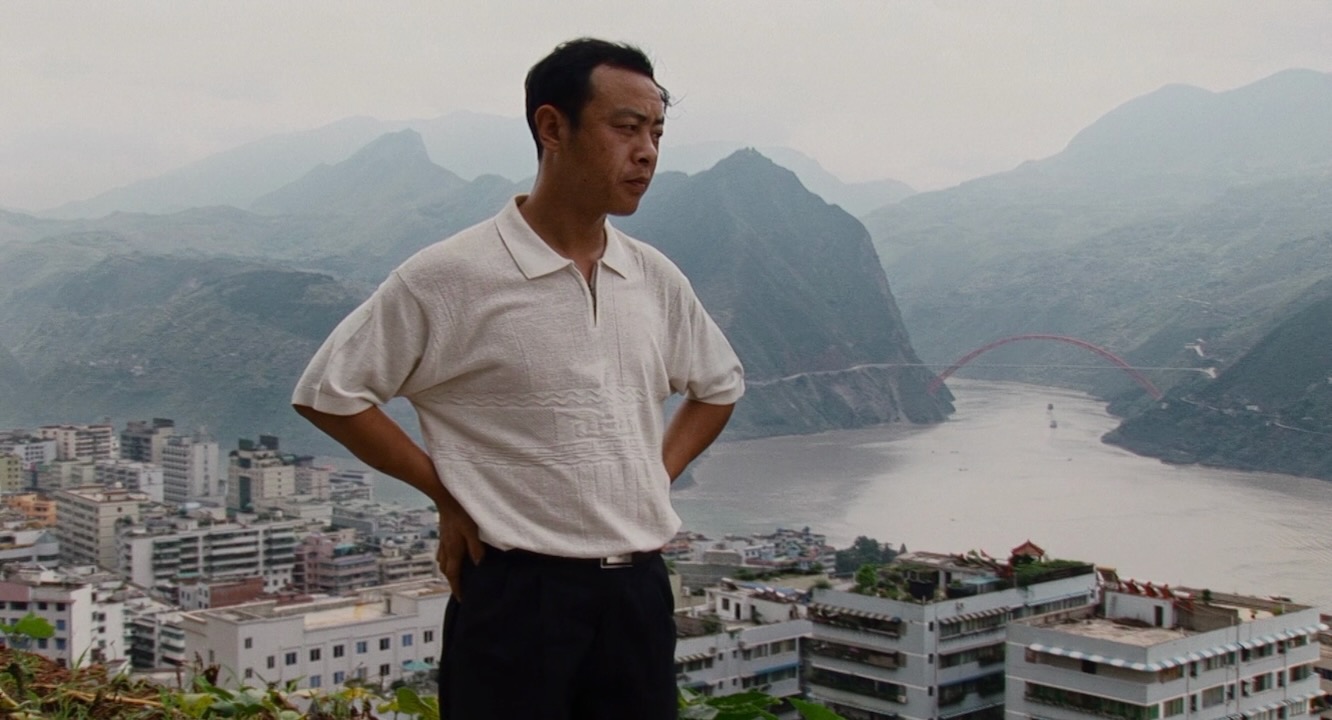
Li has aged much more dramatically than Zhao but both their transformations over nearly a quarter-century are inevitably poignant. Does that generate anything beyond a reflexive effect? I think so; Caught by the Tides is a multiverse manifestation rather than nostalgia trigger — or, at least, this is a lot of neat footage, and it’s fun to see it find a home. Above all else, Zhao is a seemingly infinite performer whose affect hasn’t really been unpacked yet. Her stony unreadability is broken by unpredictable responses to others, manifestations of interest punctuating the deadpan surface of inscrutable women who, over the long haul, are reconfigured as martyrs or stoic survivors. Caught by the Tides reminds us that we’re all lucky as viewers that she and Jia found each other; it’s maybe the actress-director partnership of the ages.
